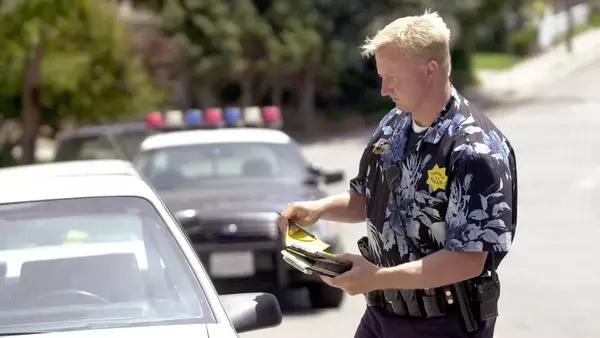
‘Break the silence, report crime against women. Call 1091,’ reads the poster, drawn by a school student, just above the corridor that leads to the three lockups guarded by woman cops in Panchkula district’s Mahila Police Station.
Spic and span, the double-storeyed white building in a quiet corner of Mansa Devi Complex, looks more like a well-maintained college hostel than a typical police station in Haryana. To be fair, this state-of-the-art police station houses accommodation for woman police trainees on the first floor, but the ground floor, with an airy courtyard, is encircled by about 10 rooms, including those of investigating officers and one dedicated to the helpline service. Though the police station is manned largely by woman cops, they are assisted by a few male colleagues.
More walk-ins
Assistant commissioner of police (ACP) Purnima Singh, 31, a Haryana police officer of the 2011 batch, is in charge. A hush descends as her white Toyota Innova screeches to a halt and she swiftly walks into her spartan office, acknowledging salutes on the way. Her voice booms but the tone is reassuring as she counsels a young woman from Pinjore and her mother who have waited for nearly two hours. After hearing them out, she suggests a counselling session. “We get more cases of matrimonial disputes and domestic violence here. Sometimes there are 20 to 30 complaints a day,” she says. “I draw satisfaction from the fact that there are more walk-ins now than we used to see when this police station opened six months ago. I find counselling works in most cases,” she says, admitting it’s difficult to say yet if crime against women has come down.

Reaching out
The ACP believes that setting up Mahila Police Stations in every district of Haryana is a breakthrough in itself. Rainuka Dagar, a Chandigarh-based sociologist who specialises in gender issues, agrees, “The law is the first line of defence. Woman police stations signal the readiness of this defence. The state is accepting certain gender practices as criminal and safeguarding women against them.” Dagar believes the move is gradually breaking the thought that police stations are alien spaces for respectable women. She, however, cautions, “After a couple of years, these police stations should be merged into the mainstream as women are not exclusive citizens but part of the system. As of now, itit’ss also important that the staff, including men, are gender sensitised.” “Though we are an all-woman police station, we prefer that male colleagues arrest male offenders,” she says.
Any concerns?
Eve-teasing is a challenge in this urban district. Girls are bold now but we are proactive and have conducted sensitisation campaigns in schools and colleges to educate boys to desist from irresponsible behaviour. Such efforts instil confidence in girls,girls,” she adds.







